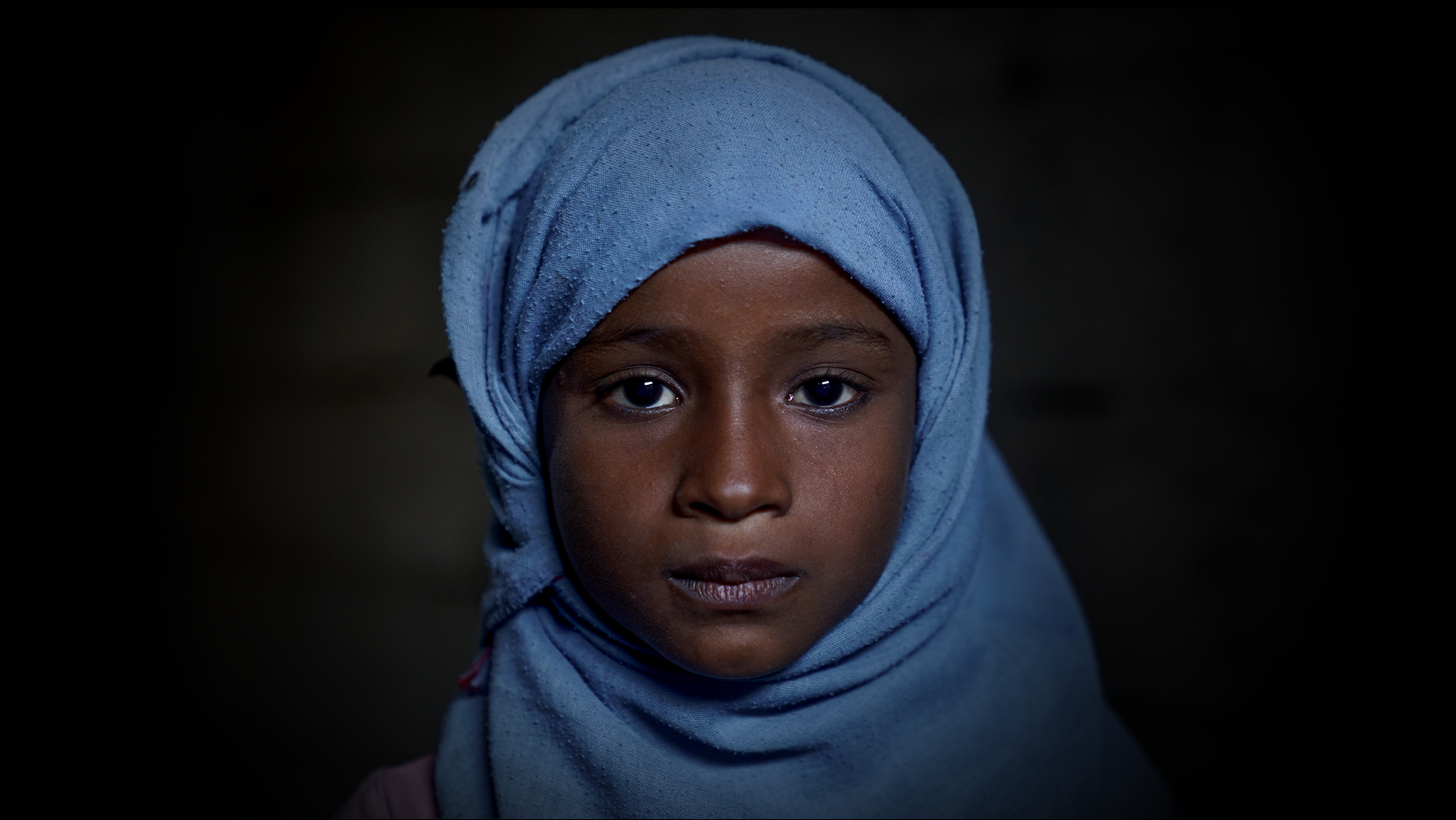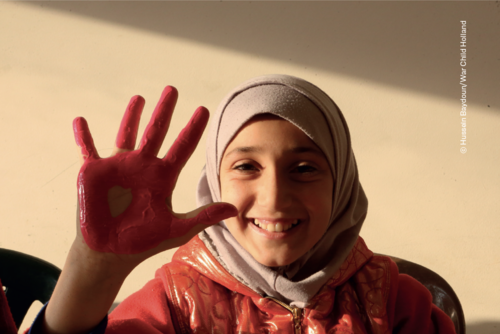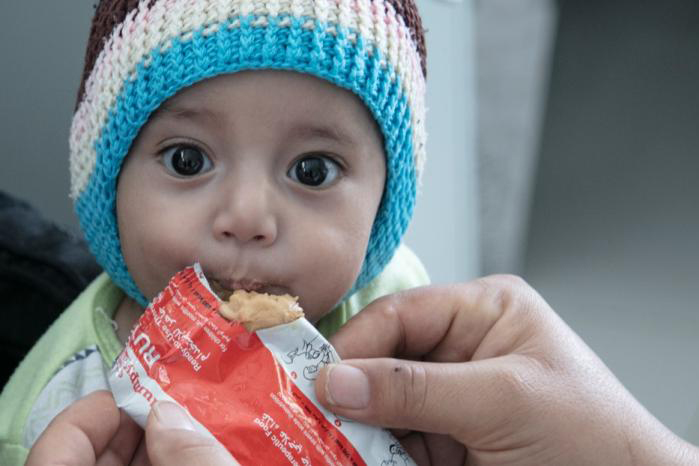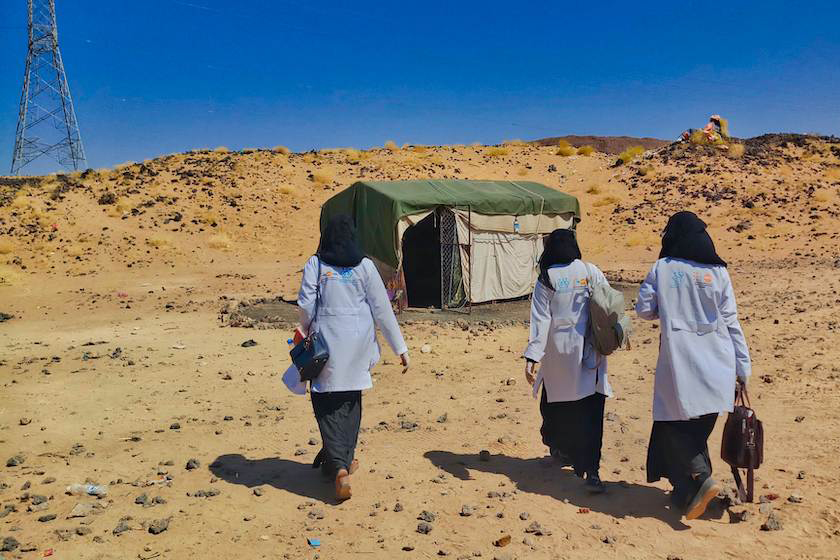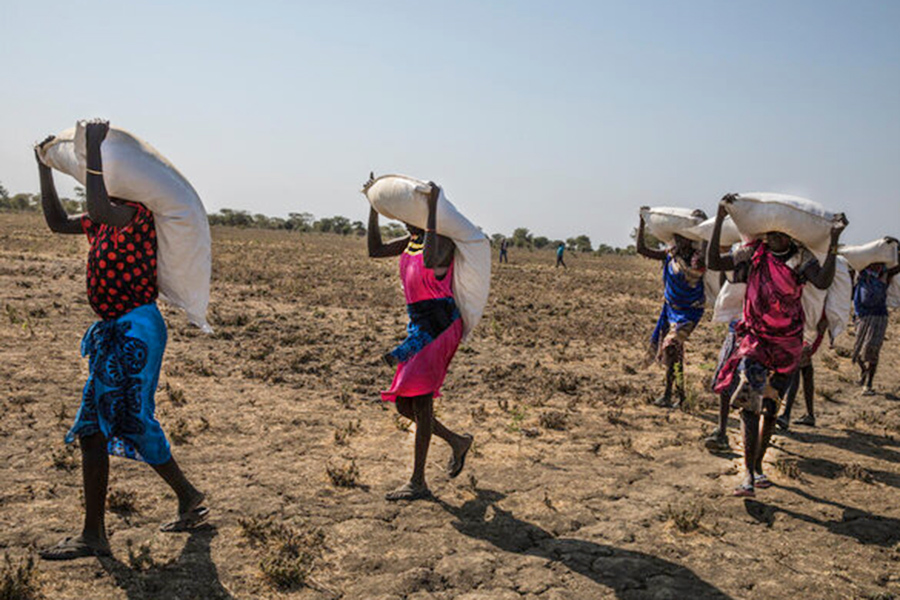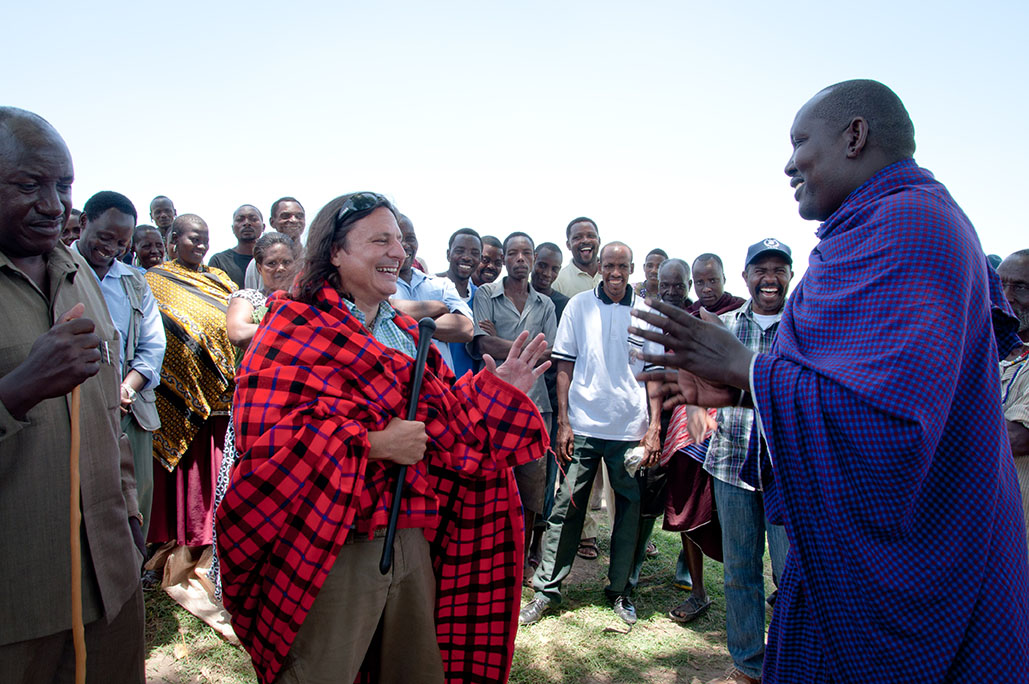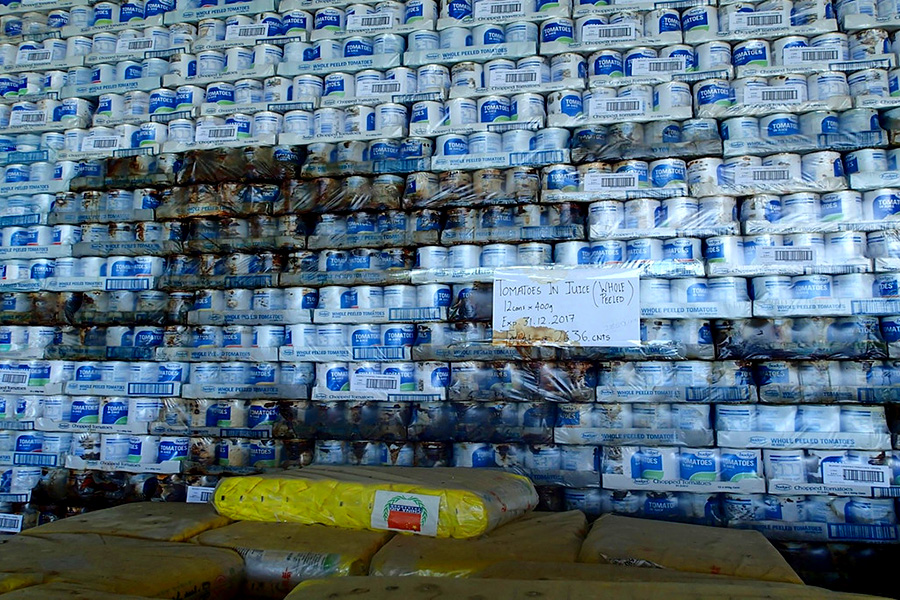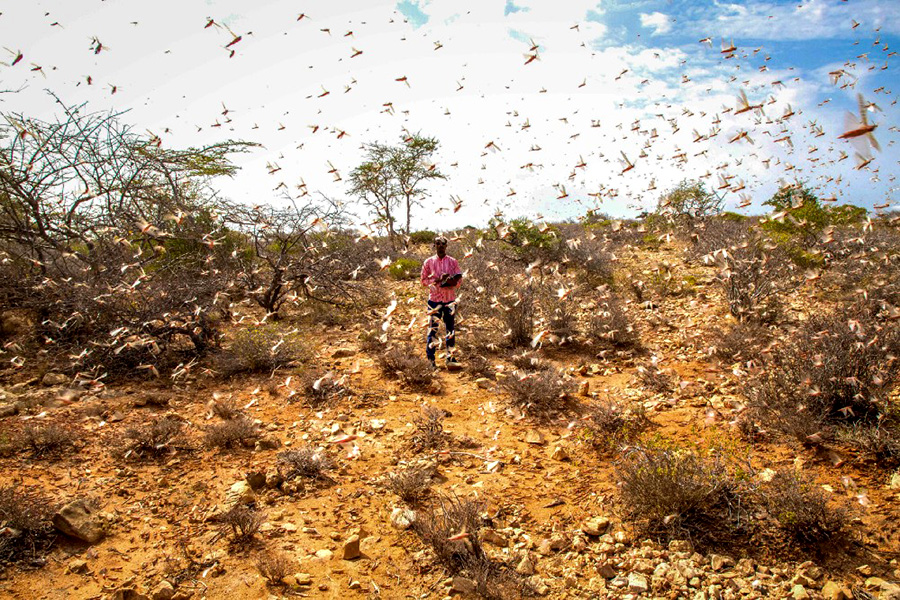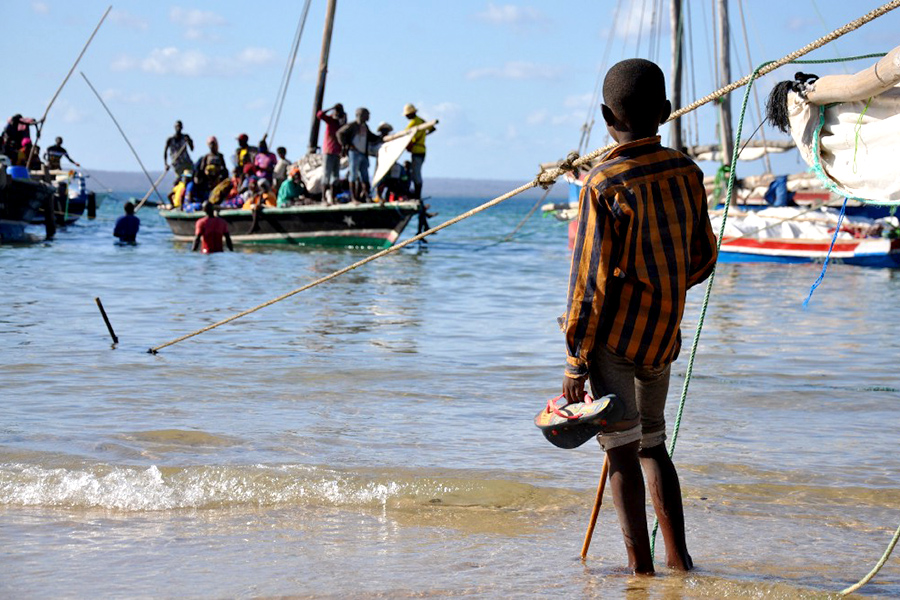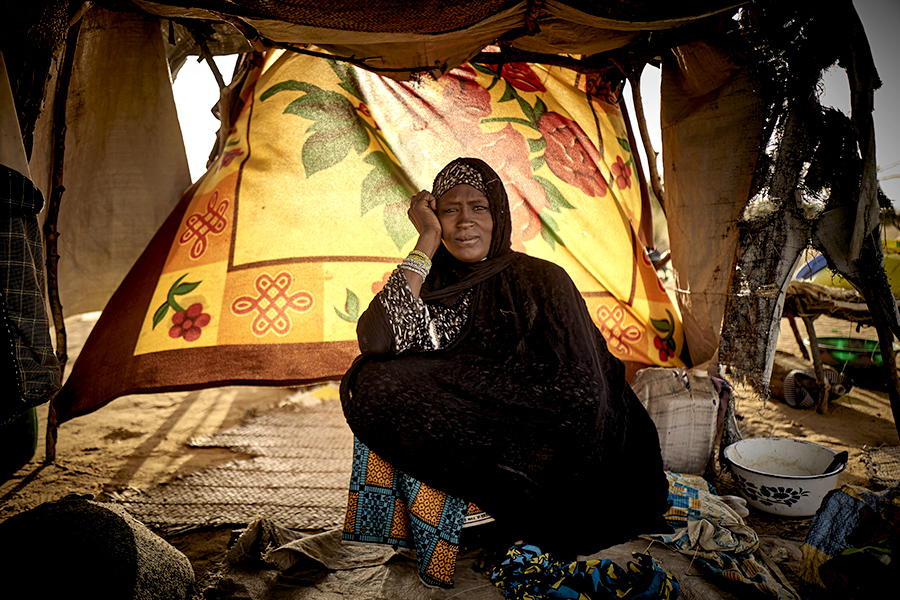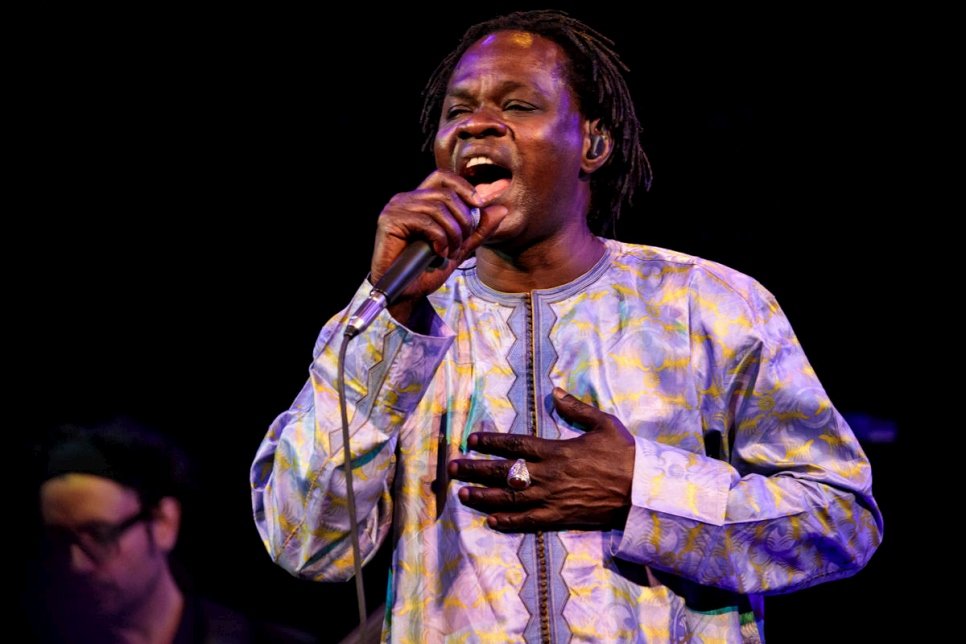Angam, 7, has six brothers and sisters. She stopped going to school, because her family cannot afford schoolbooks, bags and uniforms. This portrait series was photographed in south Yemen in late 2020 by photographer Giles Clarke. It is the result of years of work documenting Yemen and the lives of those affected by the ongoing humanitarian crisis. It highlights the resilience, strength and hope of the Yemeni people. They fled violence in search of safety. They lost their homes, family members, friends, neighbours. They live in makeshift shelters, not knowing when they'll be able to return home.
Humanitarian Aid
The Compact for Young People in Humanitarian Action aims to protect young people and adolescents, while recognising that they are invaluable partners in responding effectively to COVID-19 and its effects felt in societies across the globe.
Nearly 2.3 million children under the age of five in Yemen are projected to suffer from acute malnutrition in 2021, four United Nations agencies have warned. Of these, 400,000 are expected to suffer from severe acute malnutrition and could die if they do not receive urgent treatment. The agencies also warned that these were among the highest levels of severe acute malnutrition recorded in Yemen since the escalation of conflict in 2015. Malnutrition damages a child’s physical and cognitive development, especially during the first two years of a child’s life. It is largely irreversible, perpetuating illness, poverty and inequality. The humanitarian response remains critically underfunded.
The climate crisis is a humanitarian crisis. Members of the IASC highlight how global climate action must prioritize support to the most vulnerable in preventing, preparing for and adapting to the ongoing crisis.
Each year, thousands of residents get displaced due to flash floods in Bor, South Sudan. Last year a long embankment constructed to contain the flow of water, collapsed after continued flooding. IOM and partners conducted a detailed technical assessment and identified sections of the dike that were susceptible to further damage. Based on its findings, IOM began repair and maintenance work in the dike by procuring sandbags, wooden posts and bamboo poles to strengthen exposed sections. Youth from the community voluntarily participated in repair works for over a month.
A new report by UNFPA names Yemen as the country where the needs of women and girls in humanitarian emergencies are greatest. Since conflict escalated in 2015, conditions in the country have steadily collapsed, resulting in internal displacement, food insecurity and cholera outbreaks — all exacerbated by COVID-19. Only half of Yemen’s health-care facilities remain operational, and gender-based violence is on the rise. Some $100 million is needed for Yemen in 2021, where over 80 per cent of the population requires some form of assistance.
Having taken up his current position as WFP Country Director in Chad after experiences in war-torn countries — most recently, the Democratic Republic of the Congo (DRC) — Claude Jibidar has witnessed first-hand how conflict and hunger feed each other. “While conflict is widely acknowledged as one of the main drivers of hunger, there are also many examples where hunger is at the roots of conflict… We must come together to seek pathways to peace and stability and avert the loss of a generation of children to hunger and malnutrition induced by conflict,” says Jibidar.
In this latest episode of Awake at Night, host Melissa Fleming speaks with Richard Ragan, the Country Director of the World Food Programme in Bangladesh. “I don't want one person that I'm responsible for to be hungry. And you know, that, that keeps me up at night, for sure. But the thing that scares me, probably more than anything, and, you know, there's no vaccination for it is, is climate change. You know, I think COVID is a wake-up call for all of us, it does not discriminate. It's like the waves or the mountains, it doesn't care.”
Donating goods overseas after disasters can be unhelpful and even harmful, and with the Pacific Cyclone season now in full swing, WFP has begun a campaign urging people to donate more responsibly.
Floods, locusts and COVID-19; Somalia’s triple threat
Mozambique: Assistance for families fleeing conflict in Cabo Delgado
Senegalese musician, singer and UNHCR supporter calls for action to end world’s fastest growing displacement crisis: "My homeland – the Sahel – is on its knees, brought low by conflict, hunger and disease. I am called the ‘Voice of the Sahel’. For years, it has fed my poetry and music. Now I raise that voice to call on the world to stop the misery and suffering ripping this hard, but beautiful land apart." UNHCR says that across the region, over 2.7 million people have been forced to flee their homes. Shelter, water, sanitation, health, and other basic assistance needs are now immense.
As of being recognized by the Nobel Prize committee, WFP shares part of their success. A leading geographic information system is instrumental in supporting operations and access negotiations.

